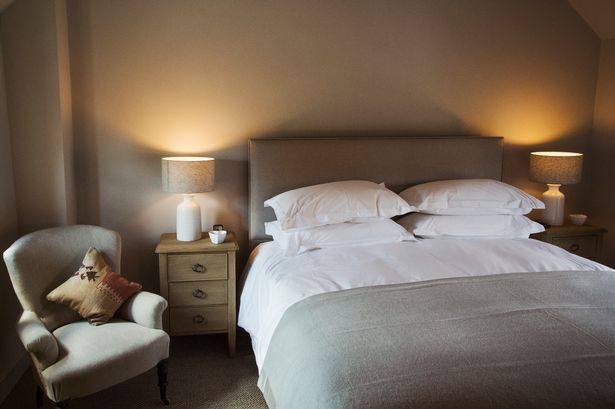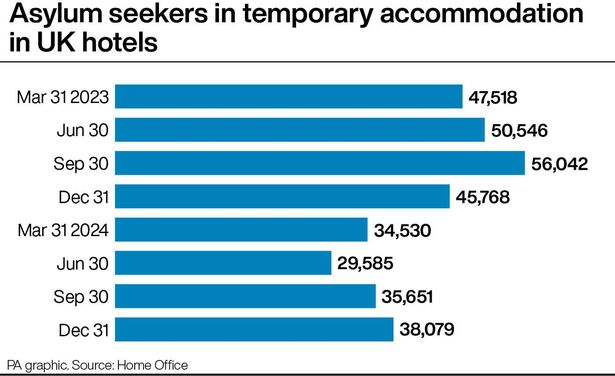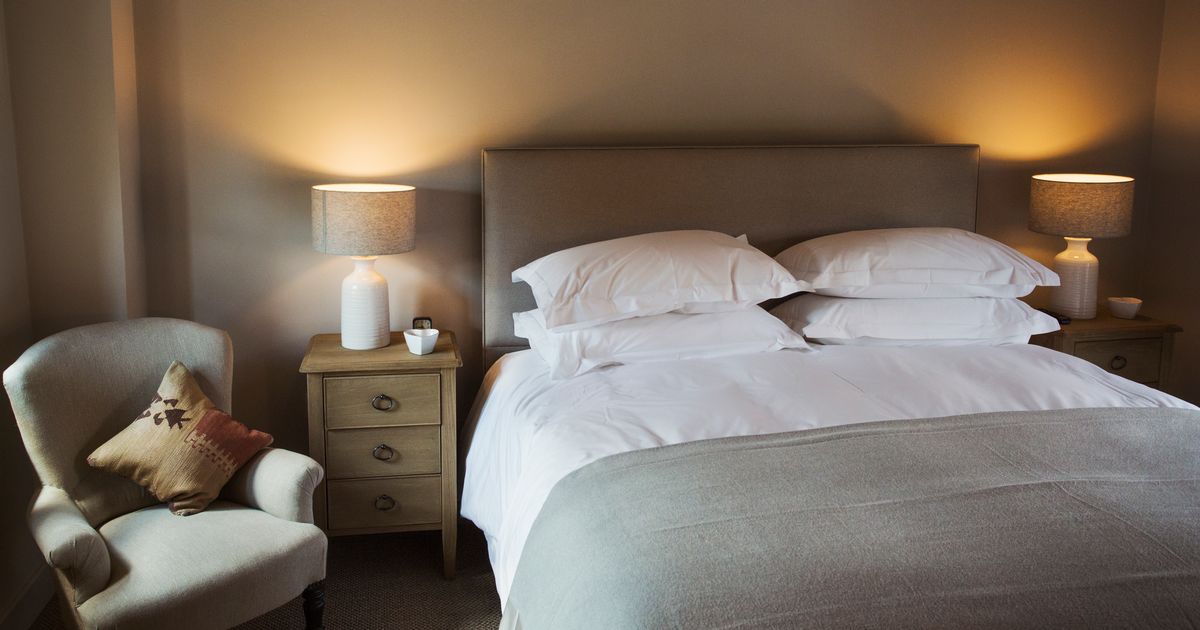The council leader dismissed the rumours as ‘misinformation’, creating ‘unnecessary fear and division’ The claims come amid debate about the cost of asylum accommodation across the country. (stock photo)(Image: Getty)
The claims come amid debate about the cost of asylum accommodation across the country. (stock photo)(Image: Getty)
Council bosses in Leicestershire have hit back at claims that hotels in a county borough are housing asylum seekers. Leader of Hinckley & Bosworth Borough Council (HBBC), Stuart Bray, has now dismissed the rumours as “misinformation”, creating “unnecessary fear and division”.
Councillor Bray issued a statement today (Wednesday, October 8) addressing claims that had spread on social media. The rumours suggested hotels in the Hinckley area were housing asylum seekers and that the council had targets for accommodating them.
The council leader said both claims are false. He said responsibility for accommodating asylum seekers rests with Serco, a government-appointed contractor, not the council.
 Graph of asylum seekers in temporary accommodation in UK hotels(Image: PA Graphics/Press Association Images)
Graph of asylum seekers in temporary accommodation in UK hotels(Image: PA Graphics/Press Association Images)
Nationally, the government has pledged to phase out the use of hotels for housing asylum seekers. On Sunday (October 5), Sir Keir Starmer said he hopes to “bring forward” the 2029 deadline set by the Government to close all asylum hotels.
Ministers say hotels will be phased out by cutting small boat crossings and building new government-owned accommodation for asylum seekers. The Prime Minister told BBC’s Sunday With Laura Kuenssberg programme: “I’m looking at alternative accommodation and doing everything we can to bring that forward.”
In May, the National Audit Office (NAO) predicted asylum housing costs will hit £15.3 billion over the next decade – triple the amount budgeted by the Home Office. The figures have fuelled debate about the cost of asylum accommodation across the country.
What is an ‘asylum seeker’?
Asylum seekers are people who have asked for safety in another country because it’s not safe for them to stay in their own. The Refugee Council prefers calling them “people seeking asylum” because it is less dehumanising. Refugees and people seeking asylum are often misunderstood, but they are escaping war, danger, or persecution and have the right to ask for protection under international law.
A refugee is someone who has been officially recognised as needing protection, while a person seeking asylum is still waiting for their claim to be decided. Most refugees don’t come to the UK — about 72 per cent stay in nearby countries, usually in poorer parts of the world. Only around 1 per cent of the world’s refugees live in the UK, the Refugee Council says.
The Refugee Council says most asylum claims in the UK are successful, even though the process can take a long time. People seeking asylum can’t work and live on just over £6 a day. It’s not illegal to seek asylum, even if someone doesn’t have official papers. Many refugees later help the UK by working in jobs like nursing or going to school with other children.
Coun Bray said in his statement: “I’m proud to live in a borough where diversity is embraced and inclusion is part of everyday life. Our communities are made stronger by the people who live in them, people of different backgrounds, experiences, and stories who contribute to the richness of our shared spaces. This spirit of welcome and unity is something we should all celebrate and protect.
“We recognise that housing pressures are severe. Homelessness is rising, local housing registers are full, and too many families are living in temporary accommodation. Frustration with a broken housing system must not be redirected into hostility towards vulnerable people, nor fuelled by rumours online. Misinformation does nothing to solve homelessness or housing shortages, it only deepens mistrust.”
The council leader also addressed the use of national symbols in his statement. He said: “Our national flags and local symbols should be sources of pride and belonging for everyone. When misused to stir division, they lose the meaning they ought to carry. Let’s continue to stand together as a community that values truth, fairness, and inclusion and that welcomes everyone with dignity and respect.”
Anyone who feels targeted by abuse is urged to report it to the police on 101 or 999 if they feel immediately threatened. Misinformation or ‘fake news’ can be reported to ASB.First.Contact.Reports@hinckley-bosworth.gov.uk.
